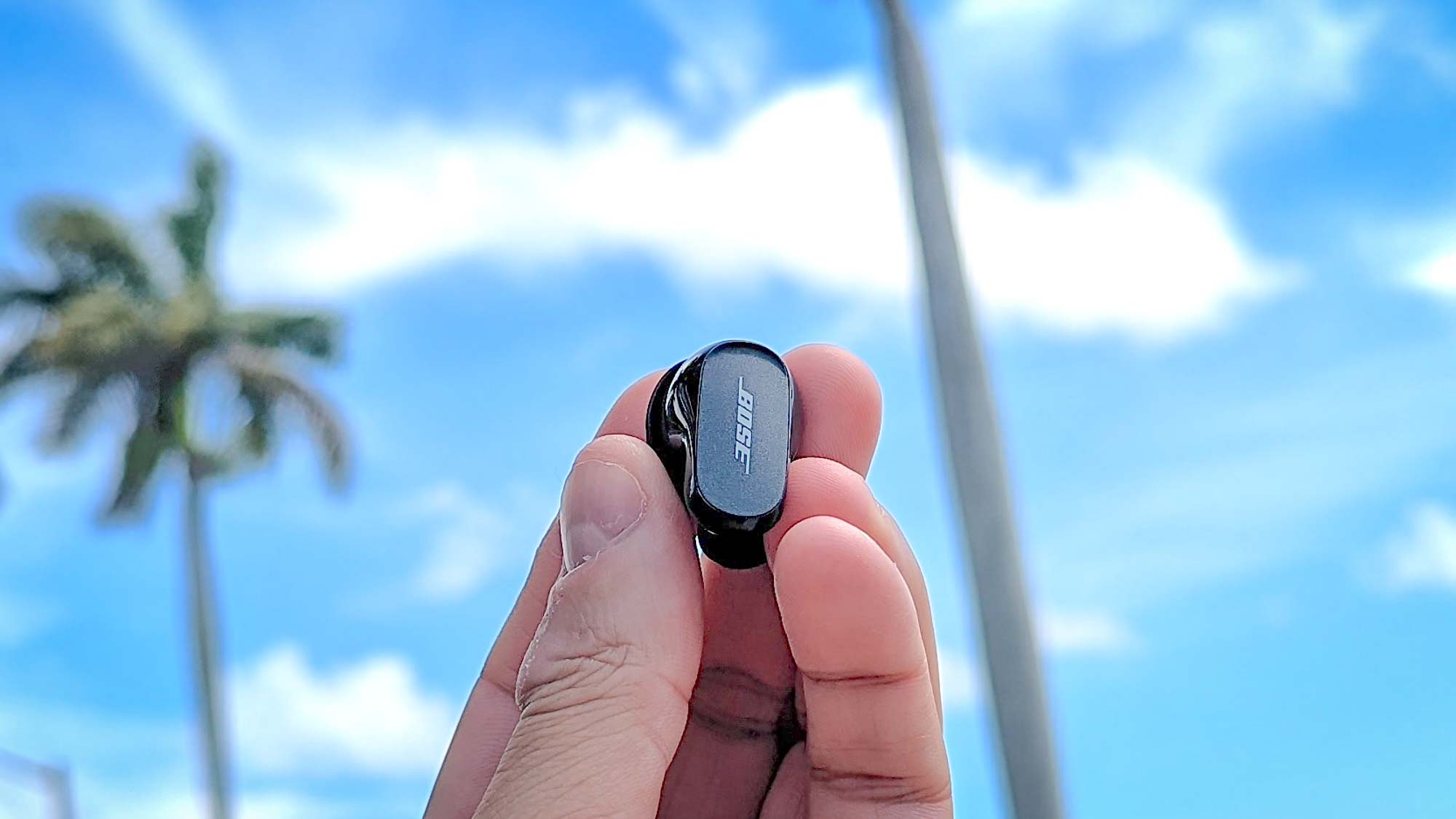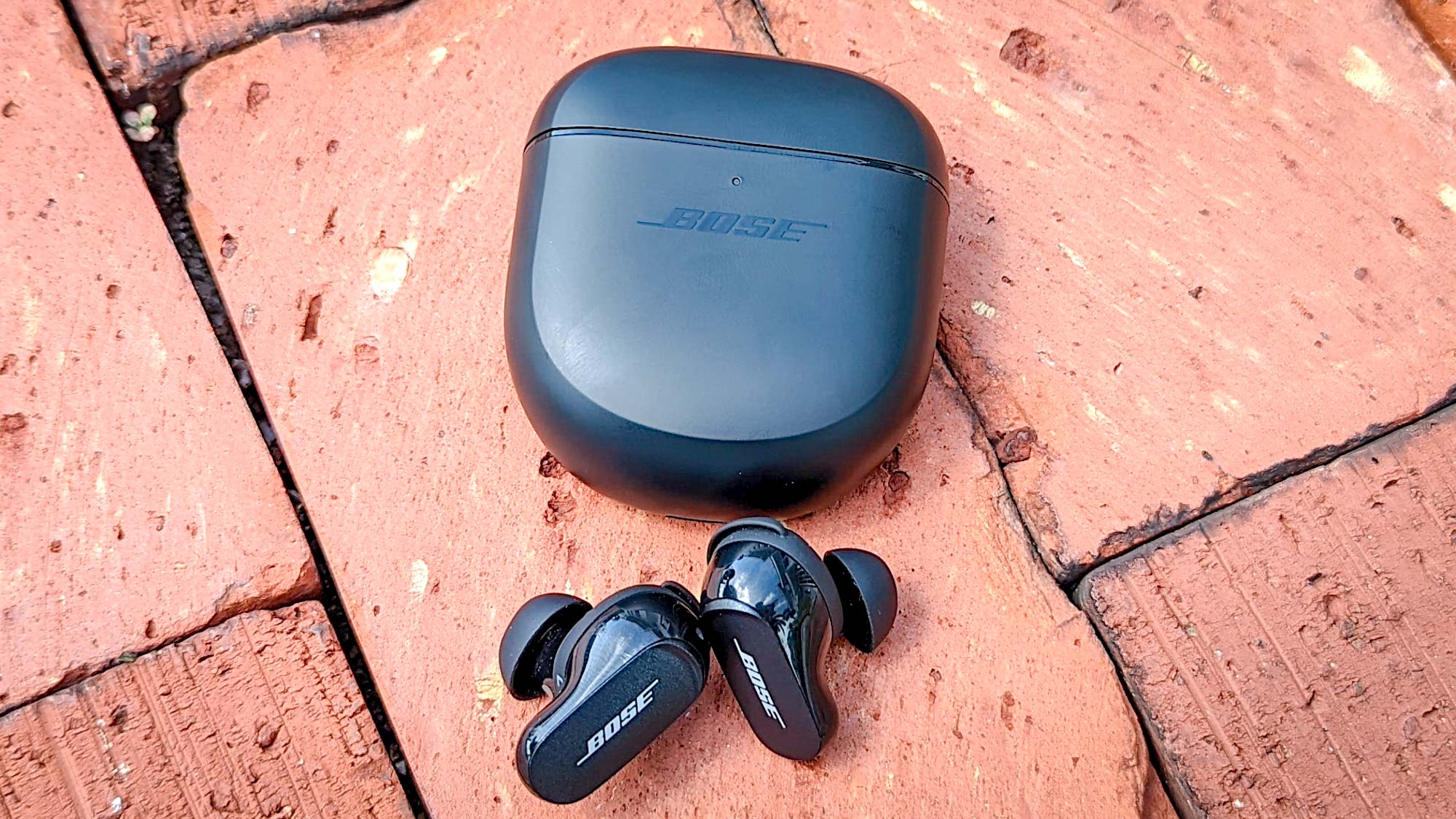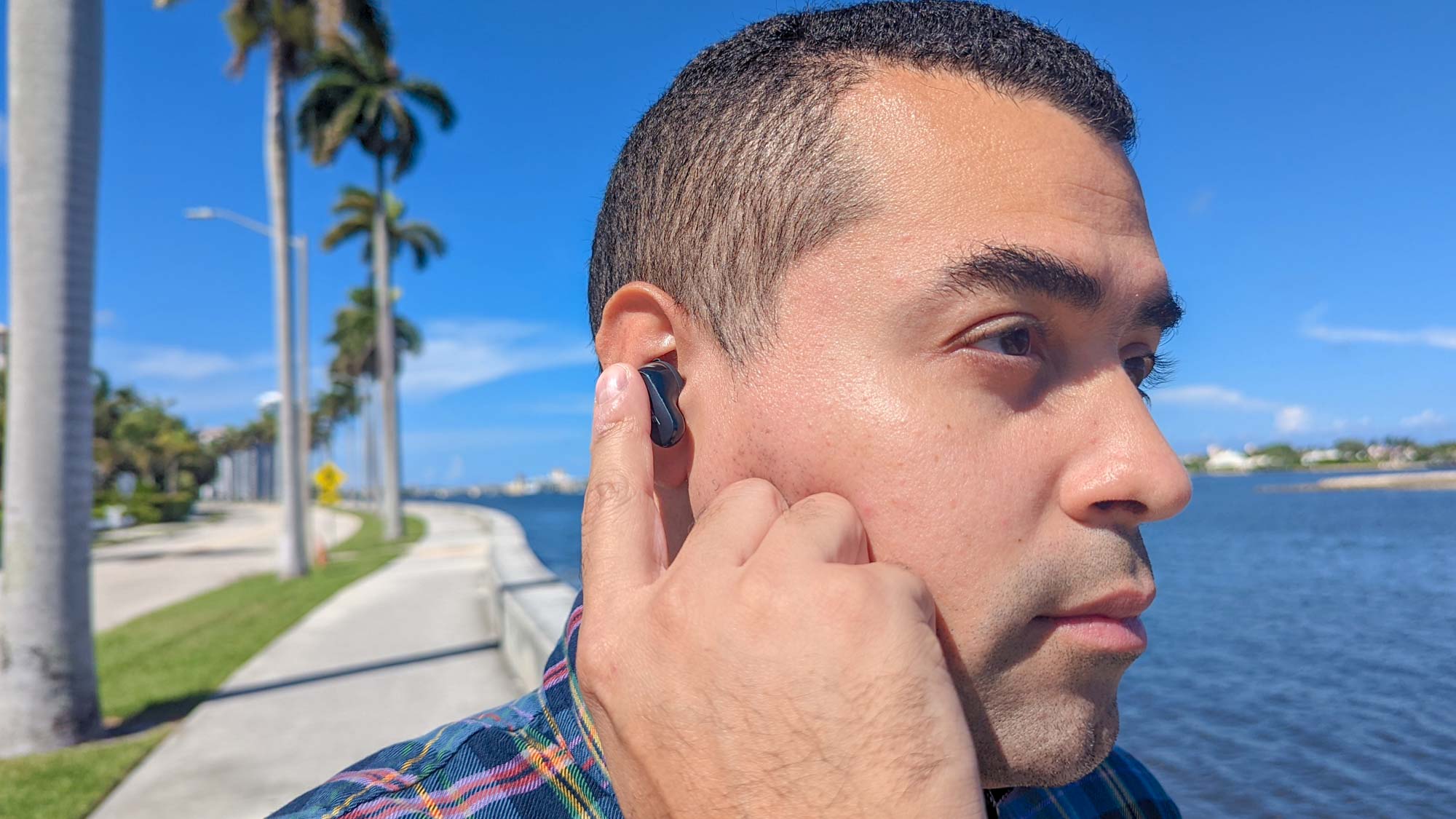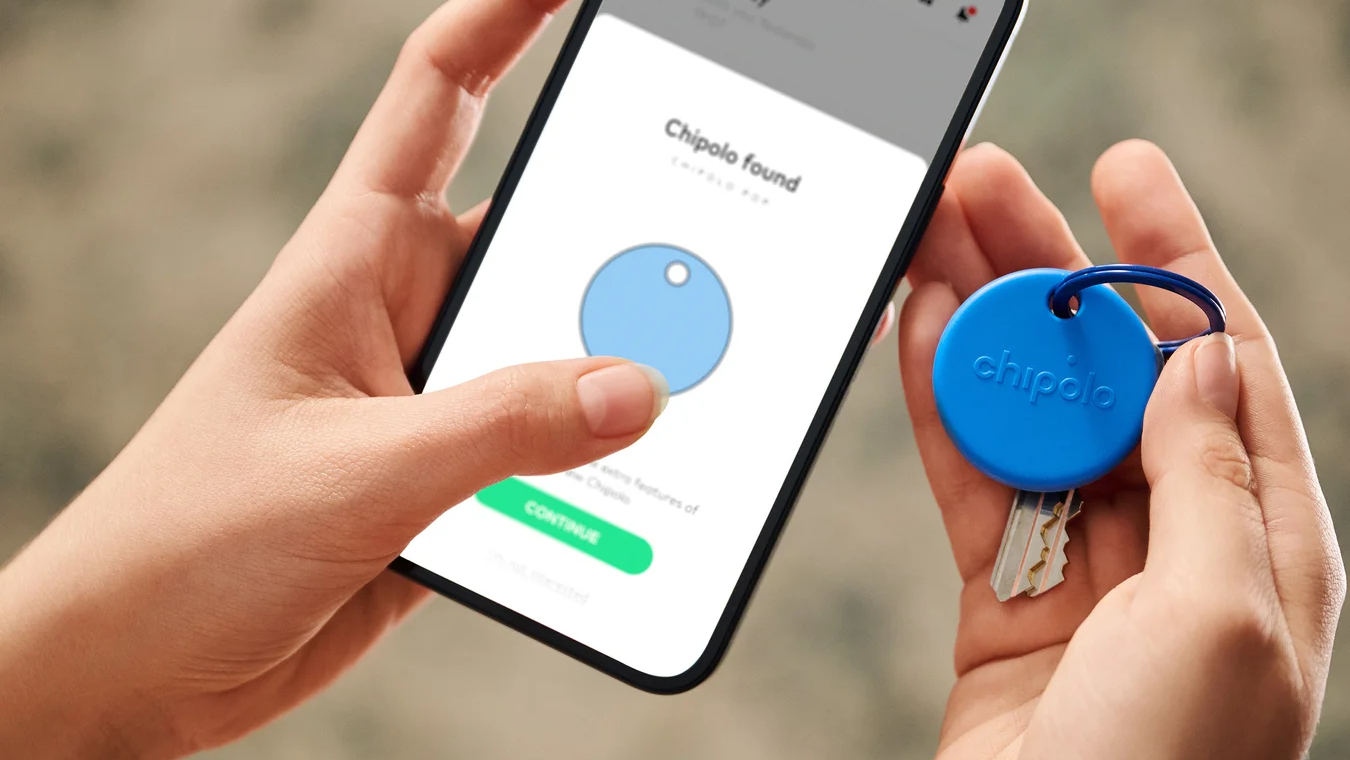Bose QuietComfort Earbuds 2 will get a big audio boost in 2023
High-quality aptX Lossless audio support comes to our favorite ANC earbuds

If you're lucky enough to already own a pair of Bose QuietComfort Earbuds 2, then you're in for a New Year treat thanks to a firmware upgrade that will enable higher-quality audio transfers when streaming from compatible playback devices.
The free over-the-air update was announced by Bose as part of its partnership with the Qualcomm at the Qualcomm Snapdragon Summit 2022, with the update expected to arrive automatically to QC Earbuds 2 owners in early 2023. The update will bring aptX Adaptive and aptX Lossless support to Bose's flagship earbuds, making them compatible with high-performance audio codecs increasingly supported by the best Android phones.

As the top-ranking model in our best noise-canceling earbuds buying guide, it’s perhaps difficult to see how Bose could improve on its next-gen ANC earbuds. We awarded them an Editor's Choice in our review, and said that the next-gen model was a remarkable follow-up that delivered better sound than the original, great call quality, and unrivaled ANC. But there’s always room for improvement, right?
Audio codec support was the only area where the flagship earbuds lagged behind the likes of the Samsung Galaxy Earbuds 2 Pro (with 24-bit sound) and the Sony WF-1000XM4 (with LDAC high-quality wireless audio), which both offer their own flavor of higher-resolution audio support that improves on the standard AAC and SBC codecs.
What is aptX Lossless?
Probably the most interesting part of the update for any quality-audio fan, is the aptX Lossless support. As the newest codec, aptX Lossless is part of Qualcomm's Snapdragon Sound, which promises to stream 16-bit/44.1kHz, CD-quality audio 'bit-for-bit' over Bluetooth at data rates of up to 1,200 kbps (or 'beyond 1 Mbps' as the marketing blurb claims).
For a perspective on how significant this is, aptX Adaptive uses a dynamically adjusting bitrate between 279 kbps and 420 kbps, while Sony's LDAC offers a maximum streaming bitrate of 990 kbps. So the promise of a step up in audio quality over Bluetooth can only be a good things as far as I'm concerned.
Although able to achieve a far better data rate, aptX Lossless isn’t entirely lossless. There’s still some compression needed for the 1,411 kbps CD-quality audio data to be squeezed down to the 1,200 kbps maximum bitrate that aptX Lossless is capable of handling. However, it's significantly less than other codecs and is said to have no impact on the transfer of audio data.
Sign up to get the BEST of Tom's Guide direct to your inbox.
Get instant access to breaking news, the hottest reviews, great deals and helpful tips.

Although the Bose QuietComfort Earbuds II launched in September 2022 without any mention of aptX codec support, the company has since told us that the earbuds are fitted with Qualcomm’s S5 Sound Platform, which has laid the foundation for the forthcoming update to aptX Adaptive and aptX Lossless support. Bose has also said that the S5 Sound Platform will be fitted to future Bose products.
What is Qualcomm S5 Sound Platform?
The Qualcomm S5 Sound Platform offers ultra-low power performance with twice the processing power to its predecessor. The audio features need to be connected to a device equipped with Qualcomm’s Snapdragon Sound technology, such as the Samsung Galaxy S23, which support a combination of hardware standards and software upgrades that use power more efficiently for longer battery life, as well as offering reduced latency in gaming and video audio, while enhancing playback and voice calling quality.
Bose QuietComfort Earbuds 2: Outlook
Exactly when the update will arrive to the Bose QuietComfort Earbuds II has not yet been confirmed, except that we can expect to see the update to roll out in early 2023.
What affect the update will have on performance is difficult to say. But I'm hoping it brings even stronger levels of audio performance, along with longer battery life, and maybe even multipoint connectivity.

After 2.5 years as Tom's Guide's audio editor, Lee has joined the passionate audio experts at audiograde.uk where he writes about luxury audio and Hi-Fi. As a former editor of the U.K.'s Hi-Fi Choice magazine, Lee is passionate about all kinds of audio tech and has been providing sound advice to enable consumers to make informed buying decisions since he joined Which? magazine as a product tester in the 1990s. Lee covers all things audio for Tom's Guide, including headphones, wireless speakers and soundbars and loves to connect and share the mindfulness benefits that listening to music in the very best quality can bring.
-
Andrew_196 We need to educate folks more than not all compression results in loss.Reply
Apple’s ALAC for example, compresses but nothing is lost. aptX Lossless involves compression but again nothing is lost.
The transmission rate bears no link to data loss whatsoever. It should not be used as some kind of measure of whether data was lost.
The transmission rate has the most comparative impact on energy utilisation. Sadly, reviewers and “journalists” get these things wrong and the incorrect information can spread like a virus.
Some of this also leads to people believing that if the transmission rate goes up then somehow that restores data. While there may be an element of this, in most cases the damage is done before the transmission stage.
So, aptX Lossless needs to transmit at 1,200kbps in order for the receiver to decompress the data back to its original bit-perfect form which is then played back at 1,411kbps locally.
